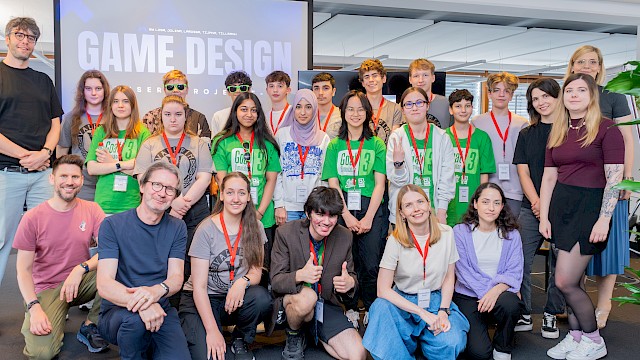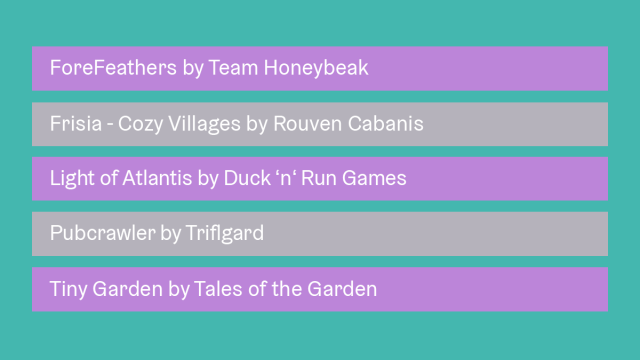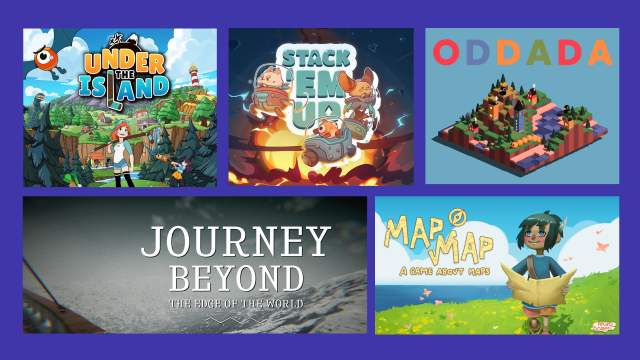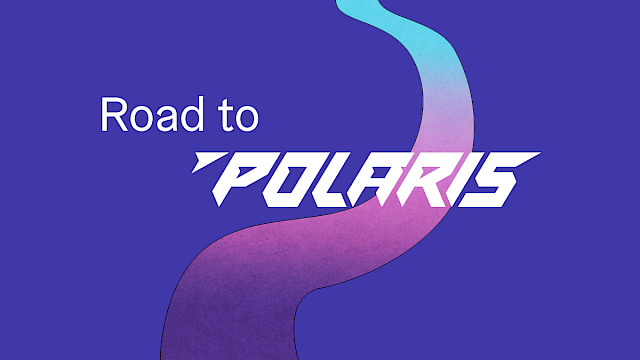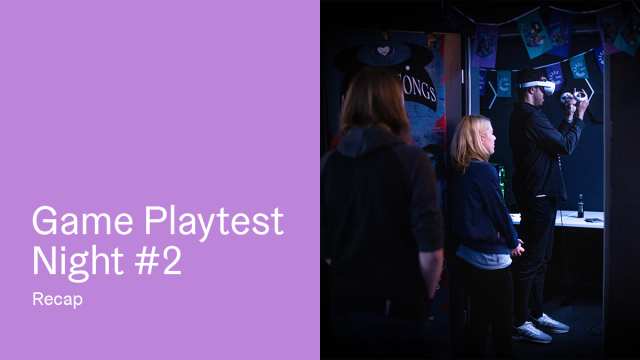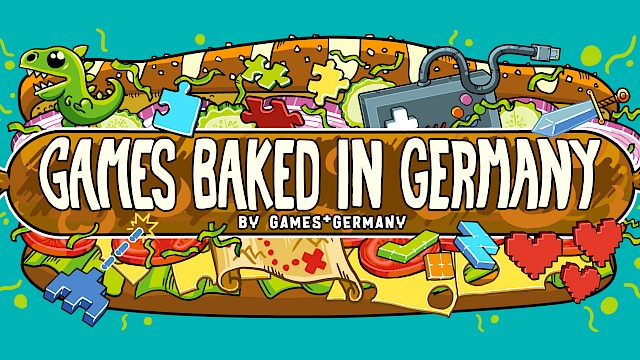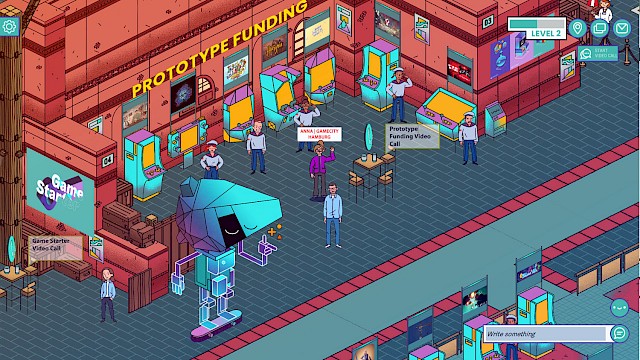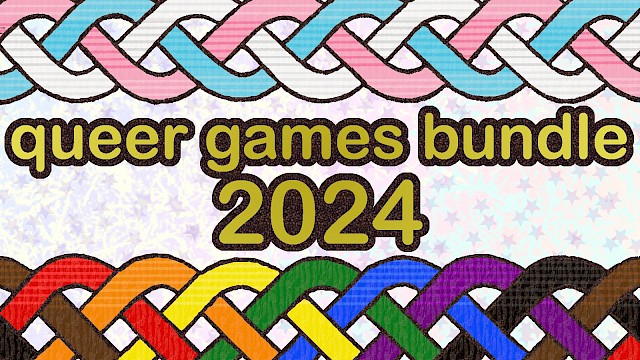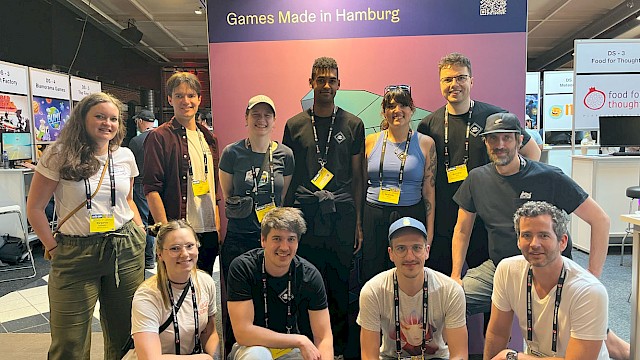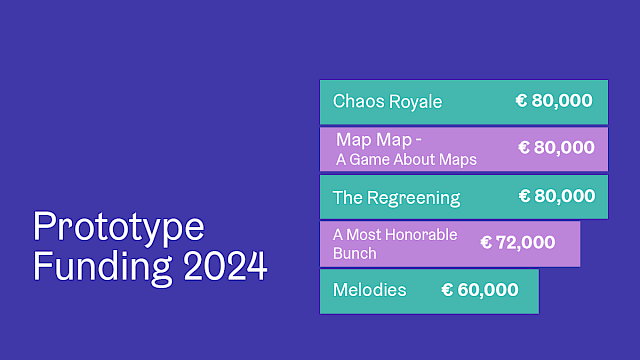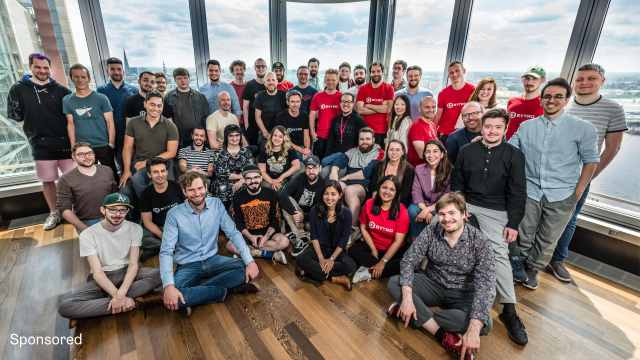26. Januar 2023
Three Questions to: Dom Schott, Creator of the Podcast OK COOL
Dom Schott has been a part of the German games journalism scene for some time already, but the last few years brought big changes for him: he joined the team of The Pod on a regular basis, moved to Hamburg and started his own podcast: OK COOL. We took this opportunity to reverse the roles and ask him about his work for a change.
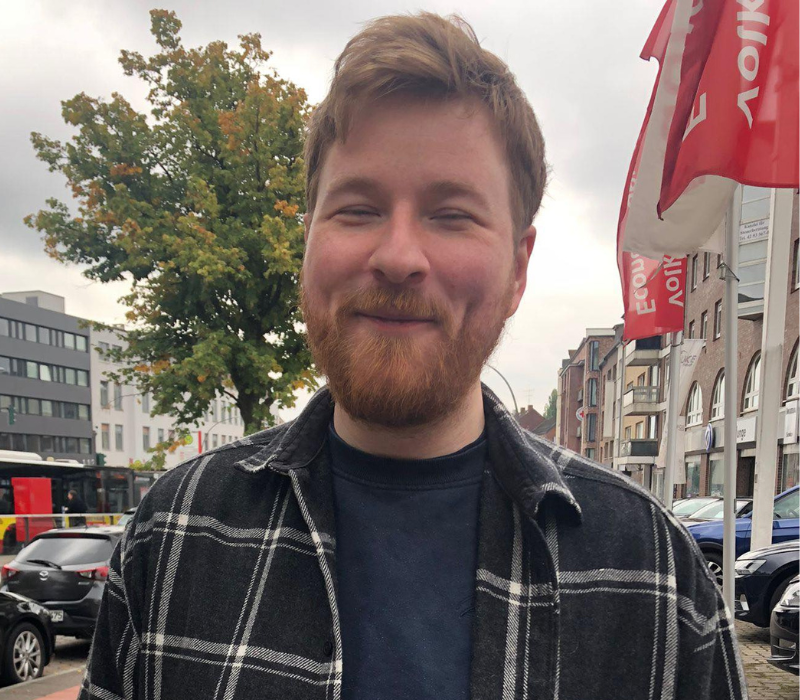
If you are subscribed to any German gaming podcast, there is a good chance you have heard Dom Schott's voice at some point over the last couple of years. A student of archaeology in his former life, he then veered into games journalism almost 10 years ago and has since become a frequent guest (author) in many publications. As a freelance journalist, he started his outlet OK COOL in 2019. At first, this was a colourful collection of all the pieces in which Dom was interested, but couldn't find the right buyer in established games journalism outlets.
Since then OK COOL has made a name for itself and has a clear focus on the stories behind games. Every week Dom invites a guest from the industry for an interview that sounds more like a conversation between friends about anything and everything and of course - video games. Besides that OK COOL has still a lot of room for experiments and offers a wide range of different podcasts for its supporters, who can chip in via Steady. Since January 2023, enough people are doing so that OK COOL could bring three more people aboard.
We wanted to take this opportunity and talk with Dom about the place OK COOL holds in games journalism and his view of the Hamburg games industry.

You've described OK COOL as the outlet that tells stories and experiences which can't be measured in numbers and statistics. How did this concept come about?
I'm incredibly bored by traditional games journalism. There are way more interesting approaches to talk about this medium than thinking in narrow minded categories like "graphics", "fun" or "length" or/and in ratings - especially when in my experience people tend to discuss solely the chosen rating instead of the actual game, which makes it more difficult to have a profound discussion about issues like racism, colonialism, working conditions and so on. There need to be alternatives AND there is a need for alternatives - and I'm trying my best to offer one.
OK COOL was created while you were living in Berlin. In the meantime, you have moved to Hamburg and have certainly been able to make some contacts in the local industry. To what extent has this changed your work and perhaps also your view of games and games makers from Hamburg?
I've noticed some very interesting differences between the game industries in these two cities. Here's the most exciting one: While Berlin's community of developers seems to be way bigger and more engaged with each other, the Hamburg scene is on its own way to find a fitting identity for itself. Here people seem to be very eager to build completely new networks - which is a very exciting process to cover as a journalist.
Your project is attracting a steadily growing audience, and you've now even been able to put together a small team of your own. Which journalistic goals would you like to achieve? Beyond that, what would you like to see in the future of the German games journalism?
First of all: Breaking stories about the gaming industry - especially in Germany - which need to be told. Stories about sexism, working conditions and crunch, but also stories about success, passion and unique ideas. For traditional outlets, it's often inconvenient, complicated or due to ties with the industry simply not wise to talk about these more serious topics - but someone has to. And I do want to do that and shed light on every aspect of this industry which traditionally stayed in the shadows, especially in Germany. It's long overdue.
Besides that I want to focus more on the people who make games, tell their stories and sensibilize gamers to the realities in which games are made. This would not only help to create more sympathy for the industry as a whole but would also lay the foundation to have a more complex conversation about games and the stories they tell us - inside and outside of their fictional worlds.
Wanna know more about OK COOL? You can check out the website, Twitter, subscribe to the free feed or gain access to the full program.
